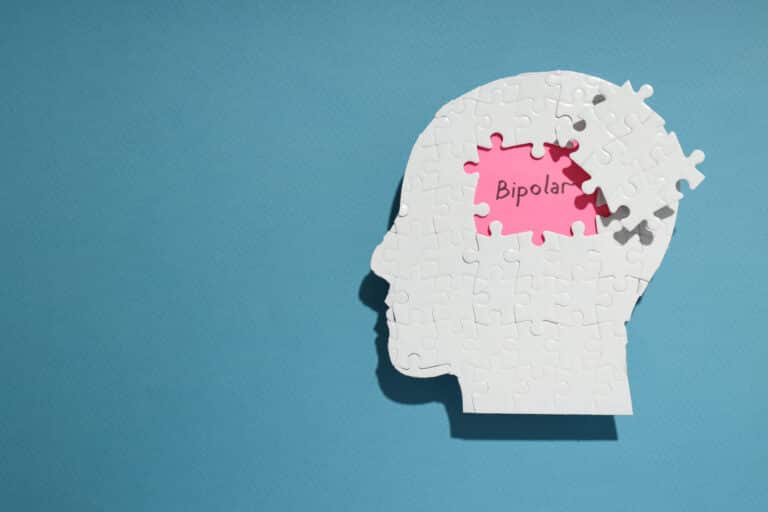An estimated 5.2 million people used cocaine within the last year in the United States. People often think that they can take cocaine once or twice without getting addicted, only to find themselves relying on it to get through their day.
Unfortunately, cocaine is a highly addictive drug. It triggers the brain to make dopamine, also called the “feel-good hormone,” which is why people can feel so good after they take it.
Cocaine’s immediate effects last about 15 to 30 minutes. As a result, frequent cocaine users often find that they need to take more cocaine at higher frequencies to make their high last longer.
Some people mix cocaine with alcohol, which causes the liver to create a dangerous compound called cocaethylene. Cocaethylene can make a person’s high last longer and feel more intense. However, it is associated with a higher risk of overdose.
Signs of Cocaine Addiction
Cocaine is frequently snorted through the nose. This can lead to several physical ailments for chronic cocaine users, including:
- Chronic bad breath
- Frequent nose infections
- Loss of sense of smell
- Difficulty breathing through their nose
In addition to these physical signs of cocaine addiction, a person may also experience psychological ones such as the following:
- Choosing cocaine over other obligations (including work and family)
- Needing to take larger and more frequent doses of cocaine to feel high
- Feeling a strong urge or craving to use cocaine in everyday settings
- Using cocaine even though it leads to painful and damaging physical and psychological symptoms
- Feeling out of control when it comes to using cocaine
- Finding themselves in dangerous situations (potentially even life-threatening) while using cocaine
- Feeling painful withdrawal symptoms after coming down from a cocaine high
What Happens During a Cocaine Detox?
Because cocaine is such a fast-acting drug, a person can experience a lot of psychological symptoms when it leaves their system. This is what makes someone want to keep using cocaine. But, unfortunately, it’s also what can make cocaine detox so challenging.
Going through a cocaine detox can lead to withdrawal symptoms that vary depending on several factors, including how long and how frequently a person has been using cocaine.
It can be dangerous to undergo a cocaine detox alone, especially for chronic users. Instead, it’s best to undergo cocaine detox under the care of a professional team that can monitor symptoms and provides treatment as necessary.
Physical and Psychological Symptoms of Cocaine Detox
A cocaine withdrawal is frequently associated with psychological symptoms that can be more intense than physical symptoms. This is because of the way cocaine impacts the brain. However, that doesn’t mean that there are no physical symptoms.
Some of the physical symptoms of a cocaine detox include:
- Brain fog (difficulty concentrating)
- Chills
- Nerve pain
- Muscle aches
People are more likely to experience severe psychological symptoms during a cocaine detox than physical ones. Some people even experience suicidal thoughts during cocaine withdrawal. This is why it is vital to find a treatment center for cocaine detox. It can be dangerous to attempt a cocaine detox alone because of the intensity of these psychological symptoms.
Some of the psychological symptoms of a cocaine detox include:
- Comedowns
- Anxiety
- Depression
- Hostility and anger
- Cocaine cravings
- Nightmares
- Fatigue
- Paranoia
- Suicidal thoughts or actions
Cocaine Withdrawal Timeline
Many different factors determine exactly what cocaine withdrawal looks like for an individual.
In general, the longer someone has used cocaine, the longer it will take to detox. Also, the older a person is, the harder it will be for their body to go through the detox process.
Other factors, such as genetics and metabolism, can also play a role in cocaine detox.
Because so many individual factors are at play, it is difficult to say with certainty how long cocaine detox will take. However, some general guideposts can be used to understand the cocaine detox process and timeline.
1 – 3 hours after use
People can feel symptoms start as soon as they stop using cocaine. They can begin to feel anxious and irritable. They might have an increased appetite or suddenly feel exhausted. Usually, cocaine cravings subside once these symptoms start to kick in.
1 week after use
After a week, a person might start feeling intense cravings for cocaine. They might be exhausted but struggle to sleep. They could also start experiencing depressive mood swings and have strange dreams that make it difficult to get a restful sleep. This first week of cocaine detox is sometimes referred to as “the crash.”
2 – 4 weeks after use
A person might still have intense cocaine cravings. Sleep may improve; however, it can be challenging to focus and concentrate. Emotions can be all over the place, and the person might be irritable and agitated. This first month of cocaine detox is often referred to as “the withdrawal phase.”
5 – 10 weeks after use
For many people, the first month of cocaine detox is the worst. By weeks 5 to 10, the mind is starting to heal. Cocaine cravings may not go away completely, but they and other withdrawal symptoms subside. People might feel uneasy and anxious during this period. This time frame is often referred to as “the extinction phase.”
SoCal Sunrise is Here to Help
It is possible for cocaine detox to become life-threatening, depending on a person’s age, length of drug use, and overall health. Therefore, it’s a good idea to seek professional guidance for a cocaine detox.
Knowing that there can be many physical and psychological symptoms associated with cocaine detox, it’s a good idea to limit obligations during detox. Taking time off work and avoiding social engagements can help make a cocaine detox more successful.
Cocaine detox is not an overnight process, but it is worth it. The sooner a person gets help, the sooner they can get the recovery they need to live their life without relying on cocaine.







